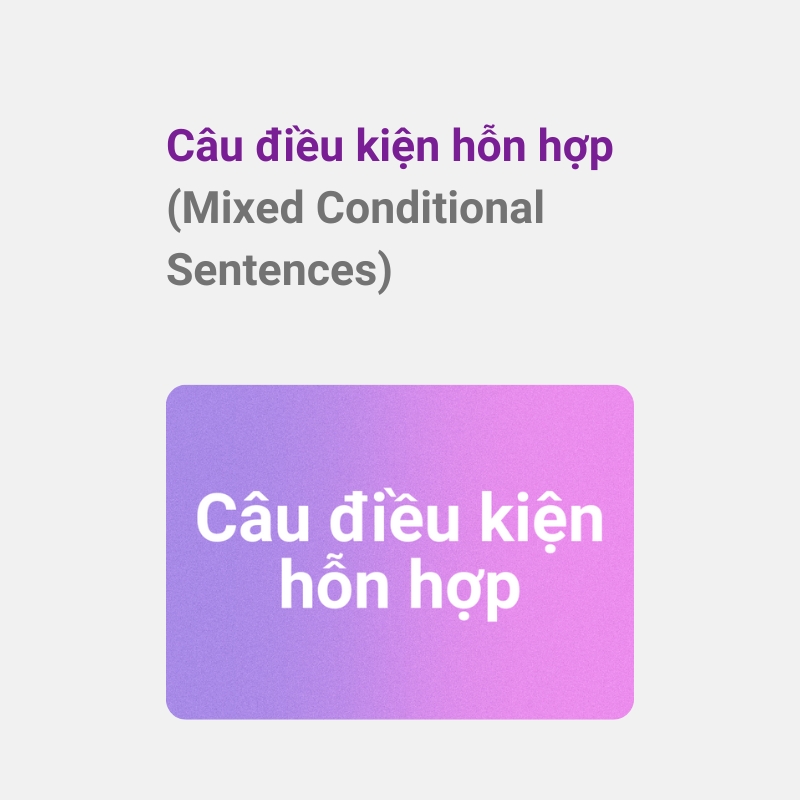ĐỀ IELTS SPEAKING TOPIC COMPLAINT
 13/12/2023
13/12/2023
 Tác giả : monamedia
Tác giả : monamedia
IELTS Speaking Part 2:
Describe a complaint you made, and you were satisfied with the result
You should say:
When it happened
Who you complained to
What you complained about
And explain why you were satisfied with the result
One time during a business trip, I had an unsatisfactory experience at a hotel where my room was not properly cleaned, and the bathroom was not up to my standards. Feeling frustrated, I decided to approach the front desk staff to make a complaint.
Fortunately, the staff was very understanding and apologized for the inconvenience. So, they took immediate action to rectify the issue, offering me a cleaner and upgraded room with a nice view. They even sent someone to ensure that everything was to my liking.
Because of these measures, I was satisfied with the outcome of my complaint because the hotel staff handled the situation professionally and with care, ensuring that my concerns were heard and addressed promptly. Their kind and respectful behavior made me feel valued as a customer, and their willingness to go the extra mile showed that they cared about my satisfaction.
After that incident, I learned that expressing concerns and providing constructive complaints are quite useful in bringing change to our lives. Everyone should know when and how to complain appropriately, not let themselves be at a disadvantage.
IELTS Speaking Part 3:
When are people more likely to make complaints?
Well, people are more likely to complain when they feel they have been wronged or mistreated. Sometimes people may also make complaints when they have high expectations that are not met. Finally, people may also make complaints when they feel frustrated or angry with a situation or a product or service they have received.
What do people often complain about?
In general, people often complain about things that don’t meet their expectations, such as poor quality products or services, rude customer service, or even long wait times. For instance, some common complaints include delayed or canceled flights, slow internet speeds, or incorrect orders at restaurants. When something doesn’t go as planned, people are more likely to voice their dissatisfaction in the form of a complaint in hopes of resolving the issue.
Which one is better when making a complaint, by talking or by writing?
Actually, when you want to complain, it’s up to you whether you prefer to speak your mind or put it in writing. At the end of the day, it’s a matter of personal preference and the situation at hand. However, one crucial point is that it’s essential to express your complaint politely yet clearly and work towards finding a solution that satisfies everyone involved. I believe that, the goal should be to resolve the issue, not to create more problems.
Who are more likely to make complaints, older people or younger ones?
When it comes to complaining, both older and younger people are equally likely to make complaints depending on the situation. Younger people might be more vocal about their complaints, but older people may prefer to handle the situation more formally. Ultimately, it depends on the individual and their personal preferences.
How would you react if you received poor service at a restaurant?
If I received poor service at a restaurant, I would not hesitate to speak up and express my dissatisfaction politely but firmly, asking to talk with the manager. However, the goal should be to resolve the issue, not to create more problems., so I would stay calm and not lose my temper, even if I was frustrated.
How do people often respond to poor customer service?
Well, everyone reacts differently when faced with poor customer service. It really depends on personality and the situation. Some people remain calm and work things out amicably, while others can get outraged and demand immediate action. Sometimes, people might even decide to take their business elsewhere if they consistently receive poor customer service.
IELTS Speaking Vocabulary
up to the standards: không hợp tiêu chuẩn, không đủ tốt
take immediate action: hành động, xử lý ngay lập tức
rectify (v) sửa chữa, khắc phục
to someone’s liking: thích, cảm thấy hài lòng về cái gì đó
go the extra mile: làm hết sức, cố gắng vượt mong đợi
constructive complaints: góp ý, phàn nàn mang tính xây dựng (để tốt hơn)
be at a disadvantage: rơi vào tình thế bất lợi
be wronged: bị tổn thương, bị thiệt hại
mistreat (v) ngược đãi
meet their expectations: đáp ứng kỳ vọng, mong đợi
not go as planned: không theo như dự định, kế hoạch
Nhận lộ trình IELTS TỐI ƯU theo yêu cầu

















